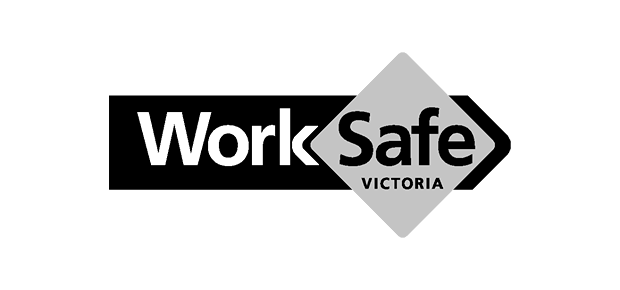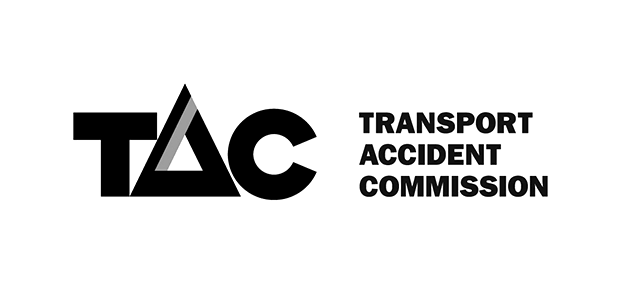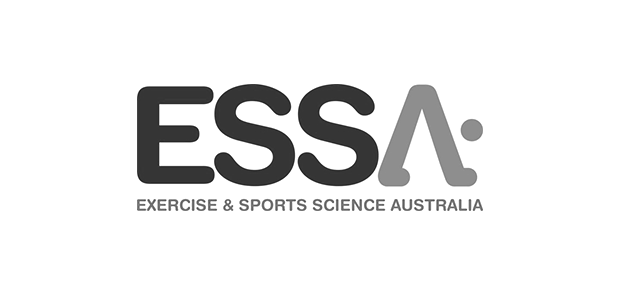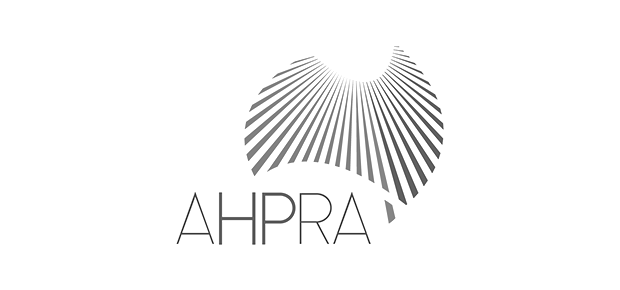Disc Bulge and Prolapse
Disc injuries can occur anywhere in the spine, They typically occur in mid-life and are twice as common in men
Disc bulges, protrusions, extrusions or sequestrations; Acute or chronic, with or without neurological involvement.
The problem
Intervertebral disc injuries are one of the more common conditions we see at MOH. These injuries vary in severity and maybe referred to by different names, including a herniated, ruptured or (very misleadingly) a slipped disc. These injuries can be extremely debilitating, particularly if there is nerve involvement.
The spine is made up of many bones known as vertebrae. Between these vertebrae are cartilage discs that promote movement and act as shock absorbers. These discs are composed of a fibrous outer layer and a gel-like inner layer. When the outer layer becomes worn, the inner layer can leak or “prolapse” out of the disc causing inflammation and pain.
Sometimes all it takes is a minor movement – such as bending to tie up your shoelaces – to strain an already weakened disc and cause a severe episode of pain. If the prolapsed substance irritates a nerve it may cause pain, weakness and altered sensation along the nerve. When this sort of injury occurs in the low back it can radiate into the buttock or leg, and when it occurs in the neck it can radiate into the shoulders or arms. It may also be accompanied by numbness, tingling or burning pain.
Who it affects
Injury to the spinal discs can happen to almost anyone, but is most common in people aged 30-50 years. It is more common in people who participate in weight-bearing sports (like weight-lifting) and people who do heavy manual work.
Disc injuries can occur anywhere along the spine but are most common in the low back (lumbar spine) or neck (cervical spine). Lumbar disc injuries tend to occur more commonly in men, whereas cervical disc injuries tend to be more common in women.
What we do about it
Staying active and performing safe exercises during the early stages provides better long term outcomes and shorter lived pain than bed rest. So, an early visit to an allied health professional such as an osteopath, physiotherapist or exercise physiologist can help to relieve acute pain, keep you functional and help in planning for a full recovery.
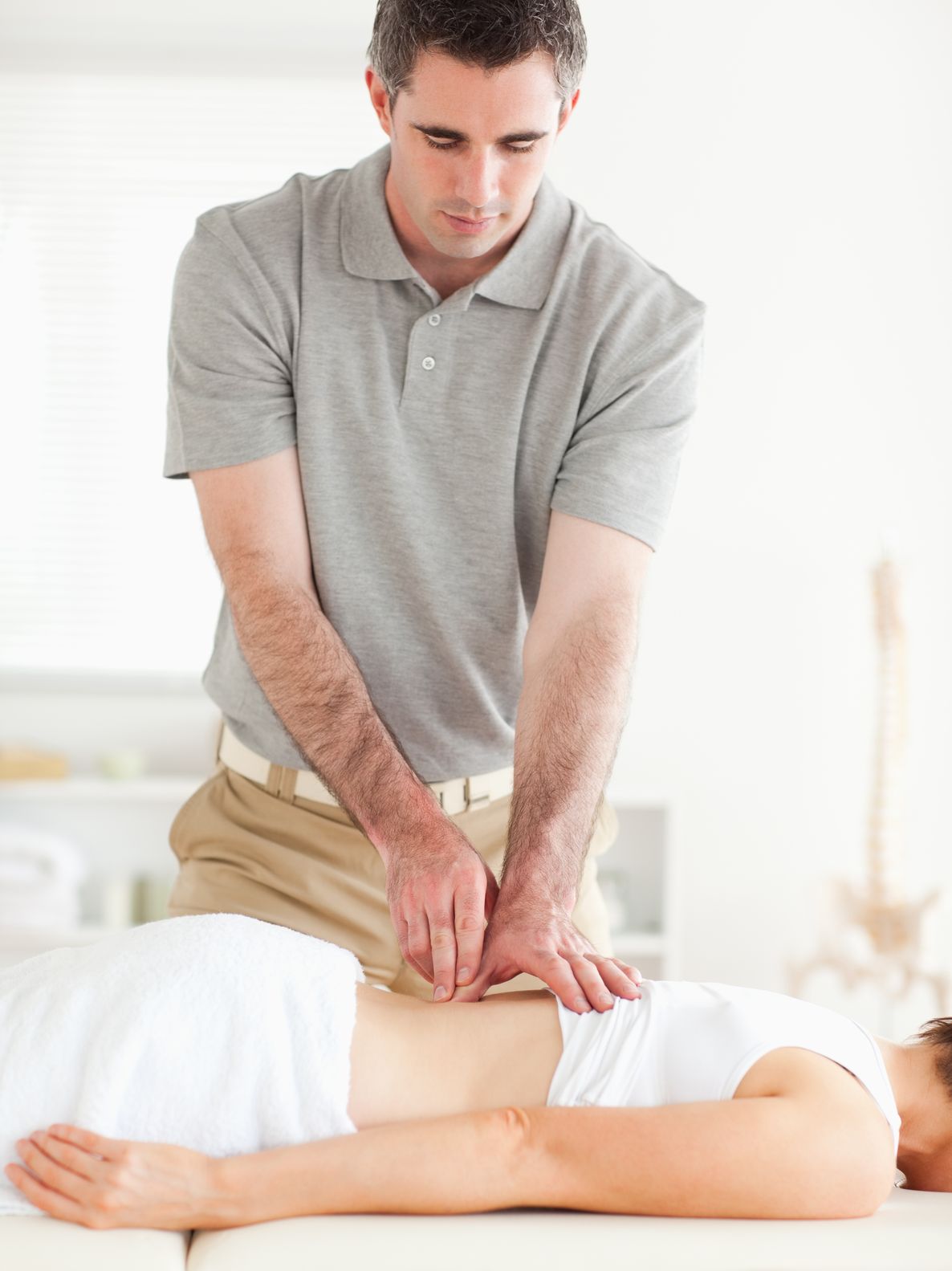


Want to know more?
You can learn more about the MOH approach to disc injuries by checking out our blogs;
- Osteopathic treatment for low back pain
- Clinical Pilates for Neck Pain
- Sciatica - what is it and how to fix it
- Functional exercises for Low Back Pain
- Pilates for Low Back strength & stability
Want to book an appointment?
If you would like to book an appointment with one of our Osteopaths, click here.
If you can’t find a time that’s convenient just give us a call and we’ll be happy to help you.

